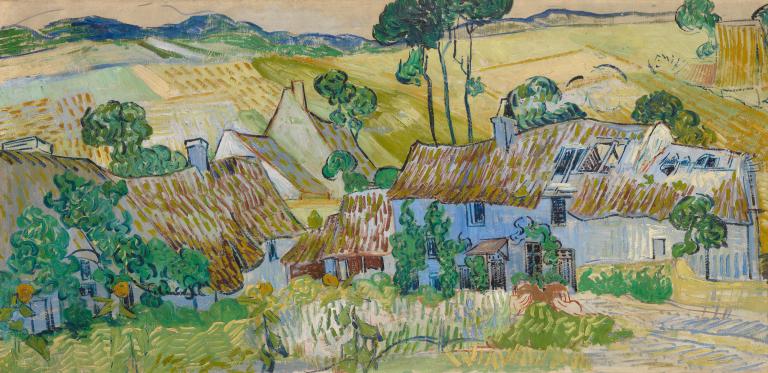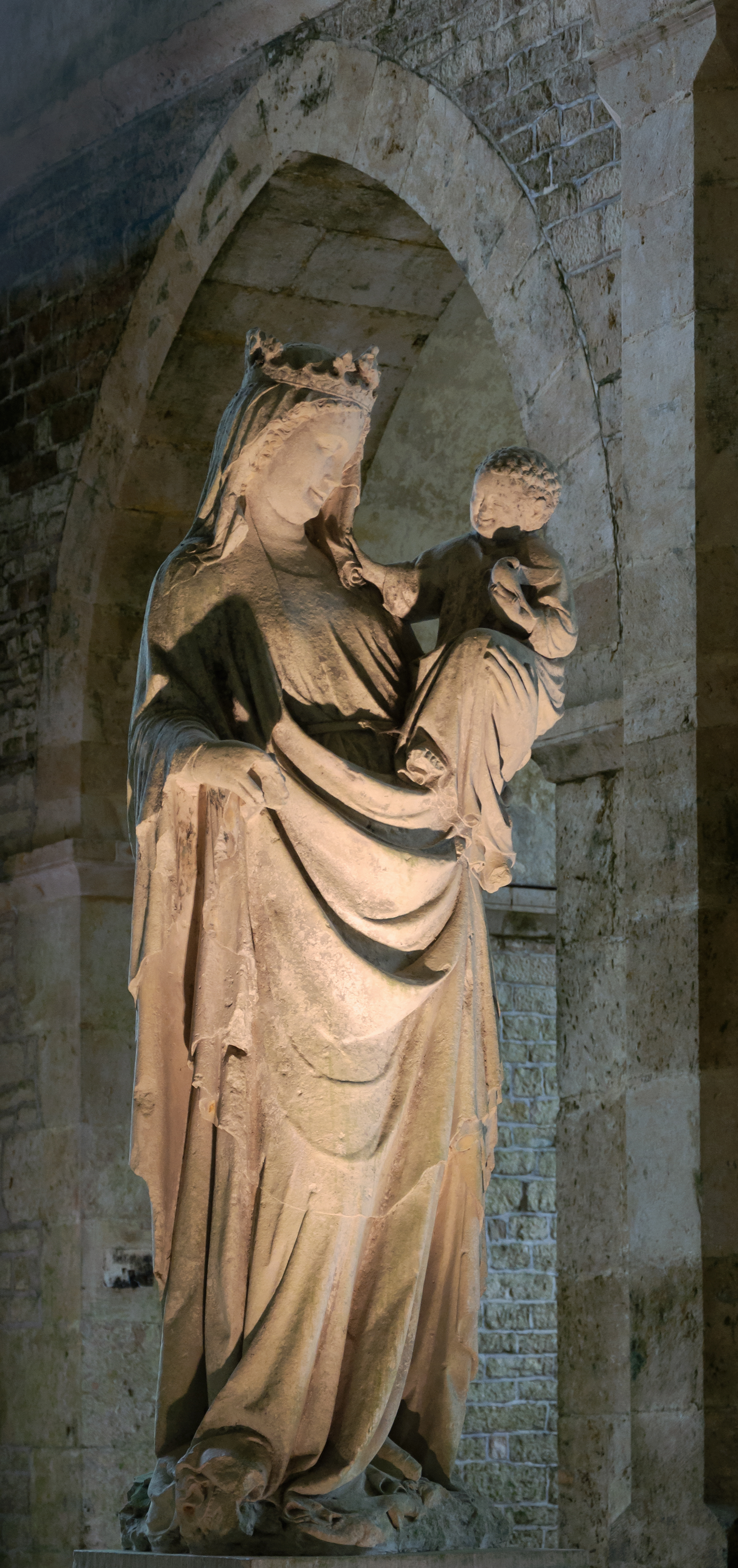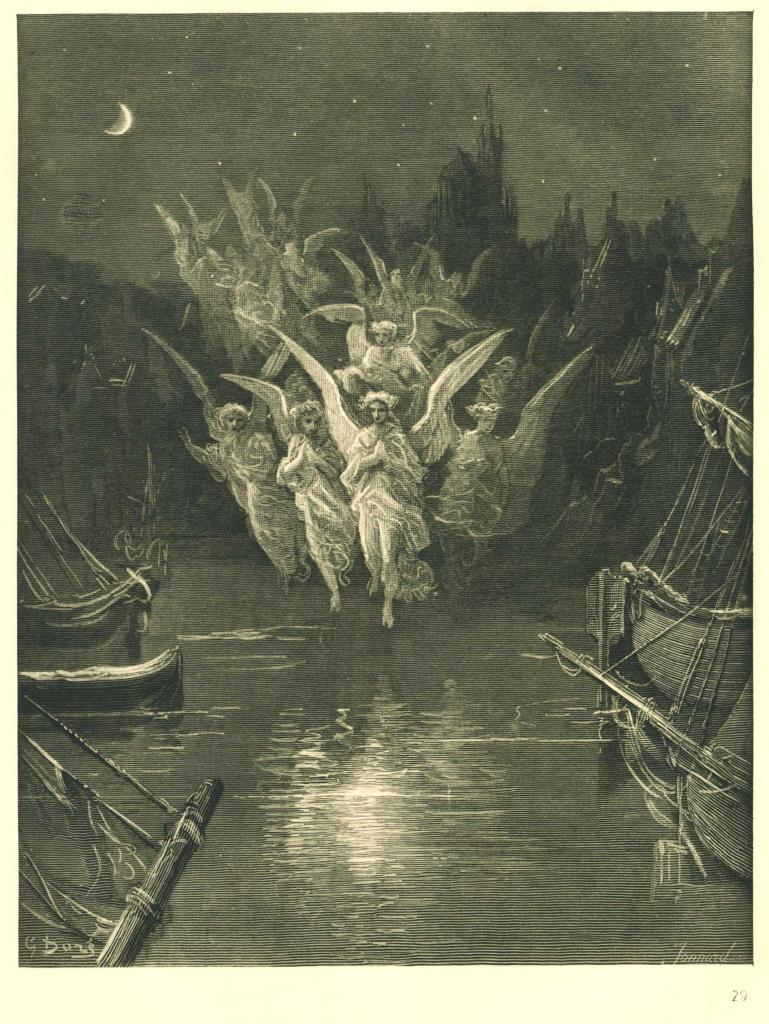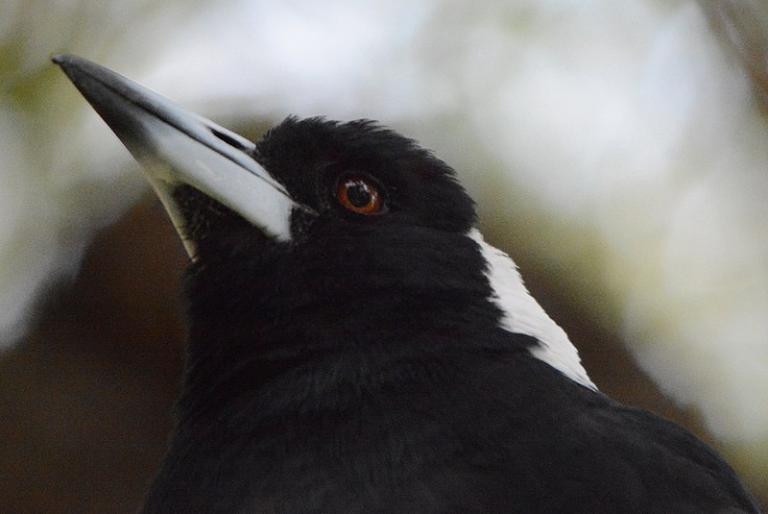
Ordinary Time
24 May 2018
The Edge of Elfland
Concord, New Hampshire
Dearest Readers,
Thanks to Michael Martin, sophiologist, poet, philosopher, theologian, musician, and biodynamic farmer, I recently came across this video of HRH Prince Charles speaking to the Associazione per l’Agricoltura Biodinamica conference ‘Economy of the earth’ in February of 2016. Prince Charles extols the virtues of Rudolph Steiner’s vision for biodynamic farming and excoriates the modern industrialized farming practices that have plagued not only Britain but the world.
I have to say, by and large I have increasingly become a fan of … aspects of Prince Charles. When I was growing up he was a bit of a joke. He had big ears, wasn’t exactly easy on the eyes, but had a beautiful wife. Then there was the scandal with Princess Di, his remarriage after her death, etc. But when you look at the things he has actually done or at least supported, especially when you consider how non-political members of the Royal family have to be, it is really rather astonishing the causes he has championed. But this isn’t a letter about his royal highness. Rather, I’m intrigued by this consistent hum, as if of a tune we all know but can’t quite remember the words to, of better ecology.
Whether it is Wendell Berry, Michael Polan, Hugh Fearnley-Whittingstall, Pope Francis, Prince Charles, Mondragon or before them Steiner, Chesterton, Belloc, and their ilk there has been this insistent thrum calling us to return to the land, or at least to return to better farming and ecological practices. We keep coming back to these ideas and I find this fascinating. I find it all the more so since we haven’t, on the one hand, really moved forward with them as society (whether local to the US or the UK or global). Capitalism and industrialized farming are still the go to practices. It could lead a person to think that nothing will ever change, but I’m not so sure. I take hope in the fact that we keep talking about it, that people, like Michael Martin, actually do it. This gives me hope.
After all, this is paramount. The world as Pope Francis reminds us, and as Prince Charles echoed, is our common home. We must care for it, we must work with it. While I am often uninterested the genealogical game of blaming an individual or even an idea for our modern woes, I cannot help but see how the continual bracketing out not only of God and the supernatural but of the relationship between words and the things they signify from the sciences as being amongst the chief instigators of this problem. But, to that extent, it no longer matters who is at fault, or if it does it only matters to help us remember that if the problem began in theology only theology can help us solve it. But not just any theology.
I’ve recently begun reading the new and complete translation of Maximus the Confessor’s Ad Thalassium done by Fr. Maximos (Nicholas) Constas. While there are many ways I could invoke Maximus in this discussion, I want to focus on one thing. After writing his letters and compiling them, Maximus read back through his own work and began adding what are called scholia, little marginal notes, like footnotes added well after the fact. He insisted they be kept in any future copies of his text because they added to the beauty of his work. This is the kind of theology that will aid us, a theology that is attentive to beauty, particularly as a transcendental. Many theology books today are not so much theology in the sense that Maximus or Gregory of Nazianzus would use the word––meaning a way of life––but rather academic treatises on a particular thinker or particular subject that might, sometimes, lead one toward the beatific vision, but that is often not their purpose. This is something we theologians need to reclaim, the sense that doing theology means speaking of and about God and his effects in such a way that actually calls us to worship, to act as well as contemplate.
So we need a theology of creation, one that causes us to think more seriously about how we use and interact with the common goods of our common home. For people like Michael Martin, this kind of theology needs to be sophiological, it needs to be connected to Wisdom, both created and as the non-personal union of the Godhead, for Wisdom is nit through Creation itself. This, of course, also means that our theology must be Christological, for in the incarnation Christ has united all created things to himself. It must also be cosmological seeing and looking for the grammar of the cosmos so we know how to read the book of creation. It also must be liturgical. I have said before that I would see a return of feasts such as Lamas and Plough Sunday, to have regular blessings of the beer to remind us of the Church’s intimate relationship with creation.
But above all, what we need is a theology of action, we must do the things necessary to live in right relationship with creation. This will not be easy. After all, we’ve been trying to live in right relation with creation since the Fall and have always failed. But there have been practices we have forgotten and new practices we can develop that will allow us not only to better care for our common home, but to better care for ourselves. We just need to begin, else our common home will continue to become our common hell.
Sincerely,
David















